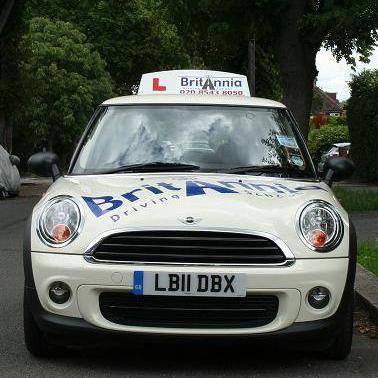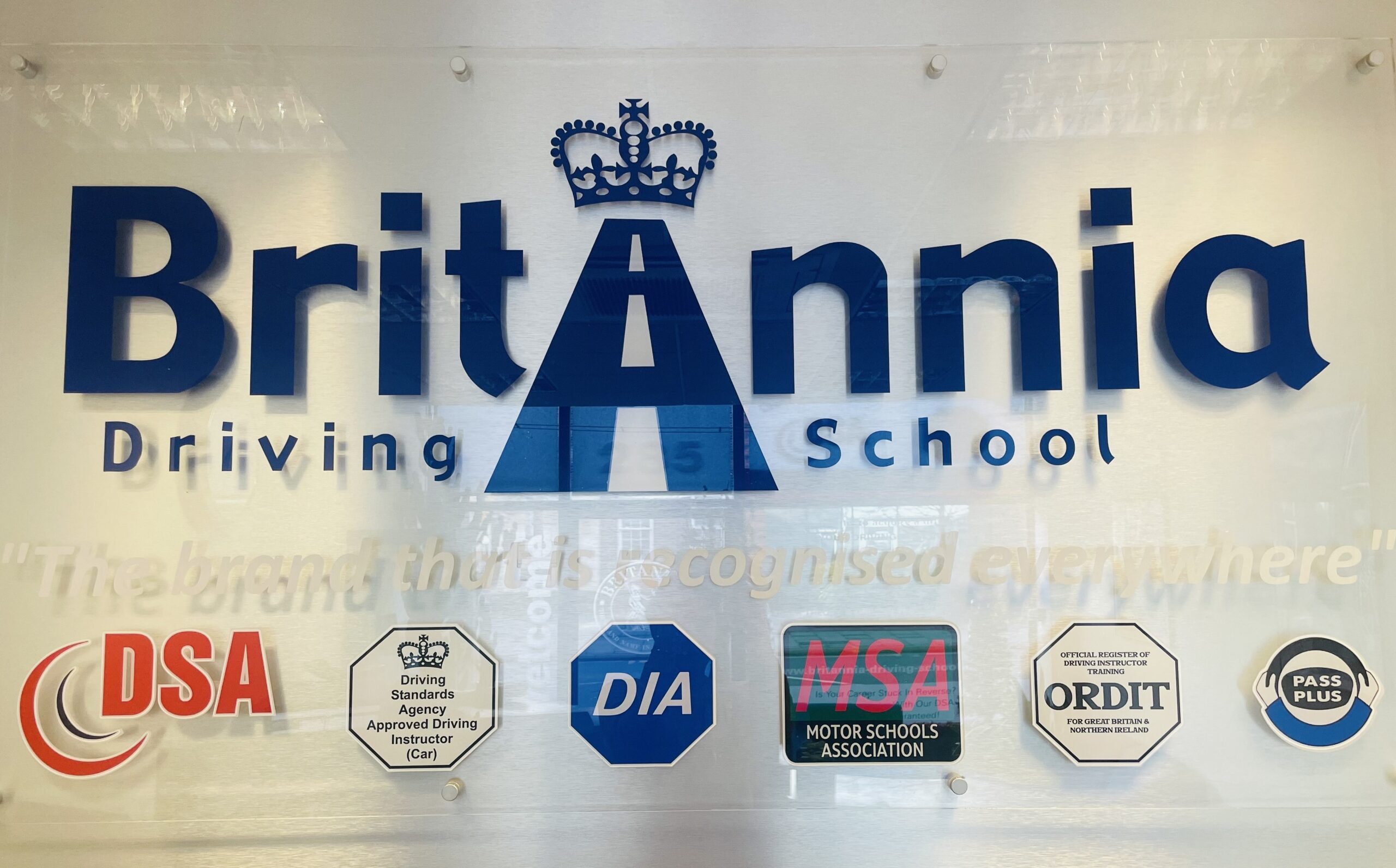
The Importance of Checking Your Mirrors While Driving
When you’re behind the wheel, there’s one action that stands out as vital for your safety and the safety of others: checking your mirrors. While it may seem like a simple task, consistently monitoring your mirrors is key to ensuring that you’re fully aware of your surroundings. This practice is more than just a recommendation—it’s an essential part of defensive driving and a habit that could save lives.
- Maintaining Awareness of Surroundings
Your mirrors—rear view and side—serve as your eyes on the road behind and beside you. They allow you to see vehicles or obstacles you might not otherwise notice, which is crucial for maintaining situational awareness. By frequently glancing at your mirrors, you can anticipate what other drivers are doing, which allows you to adjust your actions accordingly. For instance, noticing a car rapidly approaching in your blind spot means you can wait before changing lanes or adjust your speed.
- Changing Lanes Safely
One of the most common instances where mirror checks are essential is when changing lanes. Before switching lanes, you should always check both side mirrors and your rear view mirror. This ensures there’s no vehicle in your blind spot and that it’s safe to make the maneuver. A failure to check your mirrors can result in collisions with vehicles you didn’t see coming, often with serious consequences.
- Preventing Rear-End Collisions
The rear view mirror is especially important when driving in traffic, as it allows you to keep track of vehicles behind you. If you’re aware of how closely another driver is following, you can adjust your speed or prepare for any potential hazards. In addition, noticing that another car is coming up behind you too fast can help you avoid sudden braking or swerving that could lead to a rear-end collision.
- Avoiding Blind Spot Hazards
We all have blind spots—areas around our car that are not visible through mirrors alone. By checking your side mirrors frequently, as well as using your vehicle’s built-in systems like blind spot monitoring (if available), you can avoid pulling into lanes where another vehicle might be hidden. A quick glance to your side mirrors, especially before making turns or lane changes, is critical in preventing accidents.

- Backing Up and Parking
When reversing or parking, checking your mirrors (as well as looking around) is necessary to ensure there are no pedestrians, objects, or other vehicles in your path. Side mirrors help you keep track of your proximity to other parked cars or objects, while the rear view mirror assists with seeing what’s directly behind your car. A failure to check mirrors in these situations can result in minor bumps, or worse, significant accidents.
- Responding to Road Hazards
Mirrors also help in responding to road hazards. Whether it’s debris on the road, a construction zone, or a vehicle driving erratically, checking your mirrors allows you to see how these issues may affect your driving. For example, noticing a swerving car in your rear view mirror might prompt you to adjust your position or speed to avoid a potential collision.
- Improving Defensive Driving Skills
A key component of defensive driving is anticipating potential hazards before they become a problem. By checking your mirrors often, you’re putting yourself in a better position to react to sudden changes in traffic conditions. This awareness can help you avoid accidents by giving you enough time to make informed decisions and avoid risky situations.
- A Habit for Lifelong Safety
One of the most important reasons for regularly checking your mirrors is the development of a good driving habit. This habit ensures that you are always aware of what’s happening around you—something that not only keeps you safer but also helps keep your passengers and other road users safe. By making mirror checks a part of your driving routine, you improve your ability to make quick, confident decisions when navigating the roads.
Conclusion
Checking your mirrors is not just a mundane task—it is a vital part of safe and responsible driving. By staying vigilant and frequently checking your rear view and side mirrors, you create an environment where you are fully aware of your surroundings and can take timely action if necessary. Remember, safe driving is about being proactive, and good habits behind the wheel can make all the difference when it comes to preventing accidents and staying safe on the road.
 Buy Gifts Vouchers Here
Buy Gifts Vouchers Here Intensive Driving Courses
Intensive Driving Courses Driving Test Booking Services
Driving Test Booking Services











